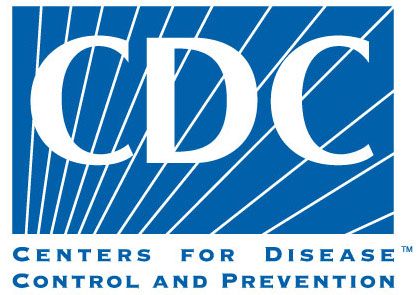Article
ACIP Approves Third COVID-19 Vaccine for Immunosuppressed People
Author(s):
With immunosuppressed populations at an increased risk of death and comorbidities due to COVID-19, members of the Advisory Committee of Immunization Practices moved to approve additional doses for young at-risk patients.

1:50 PM Update: The members of the Advisory Committee of Immunization Practices voted to approve the third dose of the Pfizer-BioNTech and Moderna COVID-19 vaccines for immunocompromised populations ≥12 years old and ≥18 years old, respectively. Many stressed the need for increased vaccination across the world, and express confidence in the newest proposal of an additional dose of mRNA vaccine.
1:06 PM Update: The committee addressed public comments from immunocompromised people and health care professionals regarding the third dose of the COVID-19 vaccine. Concerns involve vaccine access in the US and globally, and the need to more information regarding the COVID-19 vaccine in general.
On the heels of a recent authorization of a third dose of the COVID-19 by the US Food and Drug Administration (FDA) for patients with compromised immune systems, members of the Advisory Committee of Immunization Practices (ACIP) will meet today to discuss potential immunization processes.
Booster vaccines had been thoroughly discussed in recent months, especially with the prevalence of the delta and lambda COVID-19 variants across the world.
12:45 PM Update: Long spoke to the idea of administering the third COVID-19 vaccine dose prior to instituting immunosuppressive therapy for maximum efficacy in immunocompromised patients.
12:28 PM Update: Neela Goswami, MD, MPH, discussed clinical consideration for the third dose, as well as the roles of additional doses and the intervals between the initial 2 doses.
The Work Group recommended an intervention. Questions are raised regarding the ACIP support of the intervention, as well as what is the optimal lower-age threshold for the additional dose intervention in immunocompromised people.
Additionally, around 3% of the total US population is immunocompromised due to cancers, organ transplant, or chronic liver or kidney disease. Some patients also require treatment with immunosuppressant therapy.
12:07 PM Update: Sarah Long, MD, of Drexel University, raised concerns regarding robust responses from the first 2 doses in immunocompromised patients, and what the risk of a third dose are for younger populations. Members from the ACIP spoke to properly informing patients of the potential complications that may develop from a third dose, and noted adverse events to be “extremely rare” in both clinical and laboratory studies.
11:50 AM Update: Work Group recommended an intervention. Questions were raised regarding the ACIP support of the intervention, as well as what the optimal lower age threshold for the additional dose intervention in immunocompromised people is.
11:56 AM Update: Discussion turned to the importance of official approval of the third dose by the ACIP. Regarding the safety of immunocompromised children, several members of the discussion reference cases involving patients from that population who could have benefitted from such an approval.
Because of this, there was an increasing demand for full approval from the FDA to authorize booster doses to immunocompromised patients.
Yesterday, the FDA announced it had authorized a third dose of either the Pfizer/BioNTech or Moderna mRNA COVID-19 vaccines for patients with compromised immune systems.
11:45 AM Update: Discussions determined the efficacy and feasibility of third dose distribution. Additional approval by stakeholders, as well as a positive antibody response in early trials, are noted.
11:48 AM Update: Dooley noted that immunocompromised groups in the US could be disadvantaged with respect to an additional mRNA COVID-19 vaccine doses. Place of residence, socioeconomic status, racial and ethnic minority populations and recipients with the Janssen vaccine are all considered.
Acting FDA Commissioner Janet Woodcock, MD, said that yesterday’s ruling “allows doctors to boost immunity in certain immunocompromised individuals who need extra protection from COVID-19.”
11:26 AM Update: Discussion defines third dose recipients—people with medical conditions or people receiving treatments that are associated with moderate to severe immune compromise:
- Active or recent treatment for solid tumor and hematologic malignancies
- Receipt of solid-organ or recent hematopoietic stem cell
- Severe primary immunodeficiency
- Advanced or untreated HIV infection
- Active treatment with high-dose corticosteroids, alkylating agents, antimetabolites, tumor-necrosis (TNF) blockers, and other biologic agents
- Chronic medical conditions
11:30 AM Update: Immunocompromised people, including those who receive an additional mRNA dose, should continue to follow prevention measures such as masking, 6-foot distance, and avoidance of crowds.
11:25 AM Update: Kathleen Dooling, MD: “Due to insufficient data, the EUA amendment for the additional dose for the Janssen COVID-19 vaccine dose does not apply.”
Members of the ACIP such as Grace Lee, MD, MPH, ACIP Chair, and Amanda Cohn, MD, ACIP Executive Secretary, CDC, are planned to discuss the implications of the recent FDA announcement, and how specific immunocompromised populations can be better protected from the COVID-19 virus through booster doses.





